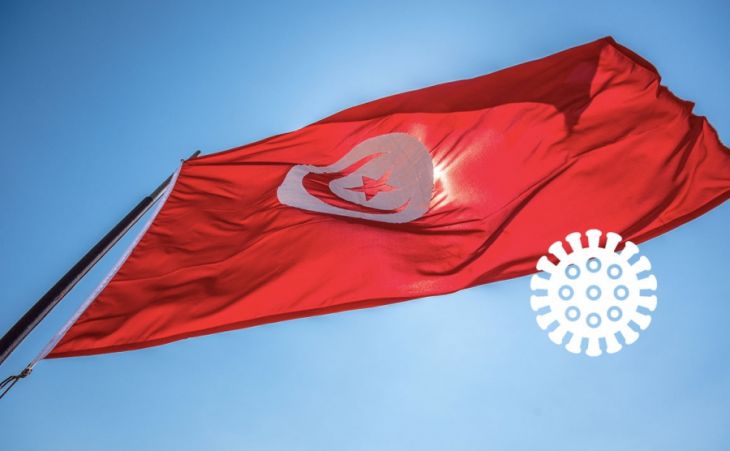
The reopening of the land, air and sea borders is officially announced for June 27 to welcome foreign tourists for the summer season.
Last update: 02/07/2020
Depending on the Covid-19 health situation in the country of residence, health measures will be different. The Ministry of Health publishes the list of countries divided into three categories.
The neighboring countries of Tunisia will be the subject of bilateral conventions.
Covid-19 and the opening of borders
For the least affected countries (green), there will be no specific measures.
Travelers from countries in the second category (orange) must present a negative PCR test carried out less than 72 hours before the time of travel (and less than 120 hours before the time of arrival on Tunisian soil).
In addition, those who stay at the hotel will be supervised by the Ready & Safe health protocol. They will be authorized to visit archaeological sites, monuments and museums within the framework of supervised excursions respecting this protocol (our article). Those who have a place of residence in Tunisia must agree in writing to respect a period of 14 days of confinement. In both cases, it will be possible to leave the hotel or place of residence on condition of presenting a second negative PCR test carried out at one's expense from the sixth day on Tunisian soil.
Finally, for the countries most affected by Covid-19, only Tunisian citizens will be able to enter Tunisia by presenting a negative test and by respecting 7 days of medical isolation in a center (at their expense) then 7 days of confinement in home.
A remote temperature measurement on arrival at the airport and a medical file, to be completed on site or online, complete the system.
Tunisia is one of the countries least affected in the world by the Covid-19 pandemic with only 50 deaths and 1,175 confirmed cases in total (for 70,040 samples) until June 30.
“Ready and Safe”, Tunisia ready to welcome tourists
"The fact that Tunisia started to deal with the Covid epidemic very early on has made it possible to flatten the curve ..." Interview of Yves Souteyrand, WHO Representative in Tunisia - 30/04/2020 (in French).
Measures have been taken as early as March to limit the spread of the virus: closure of borders, lockdown and curfew.